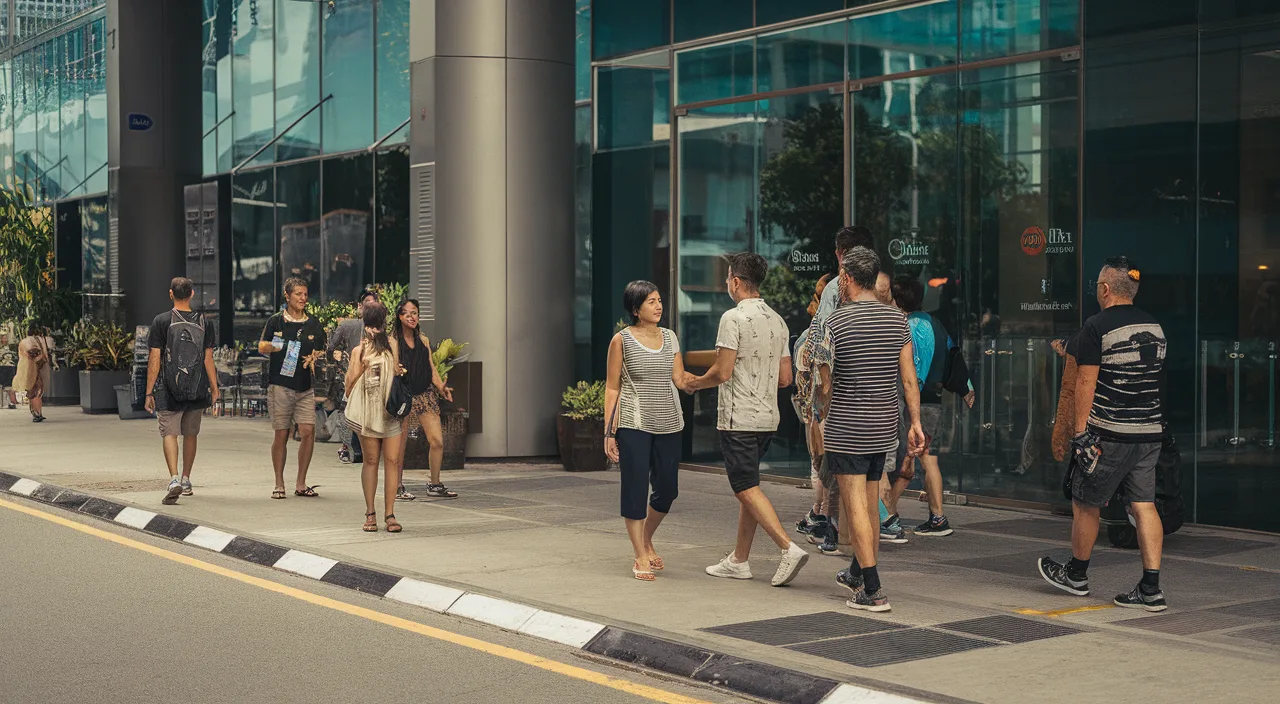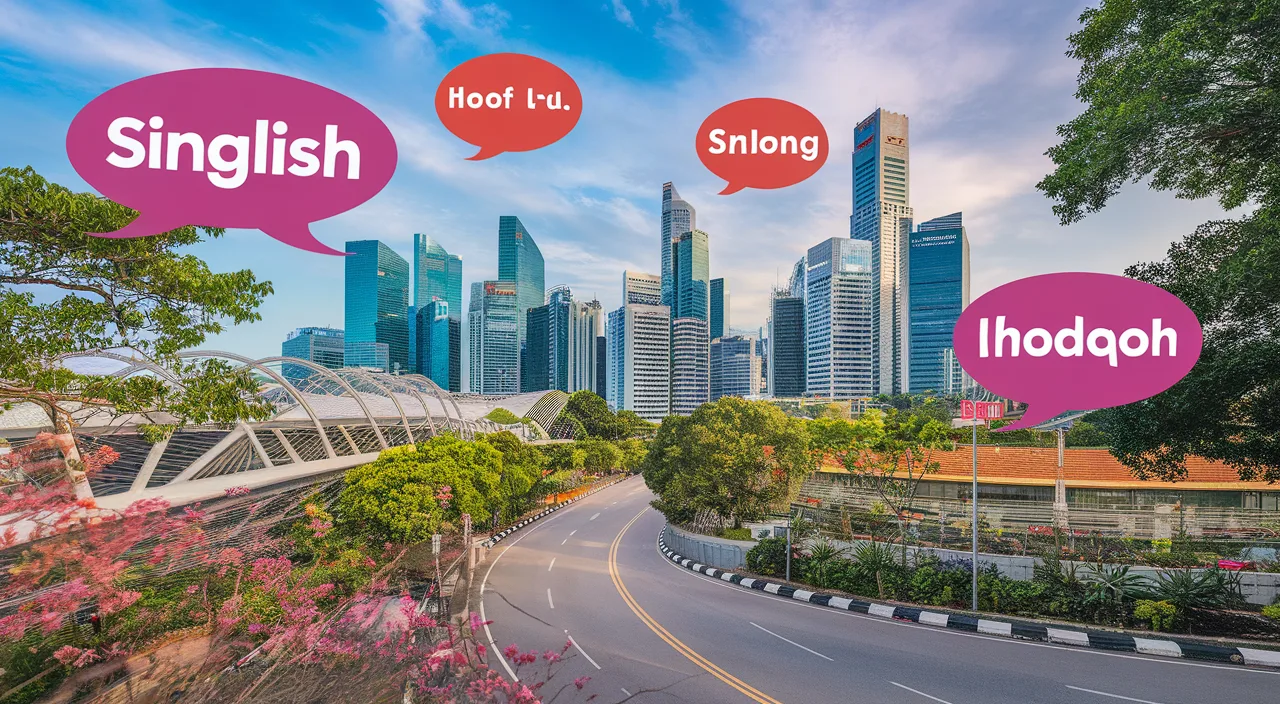Ever heard the phrase “guai lan” thrown around in Singapore and wondered what it meant? You’re not alone. This distinct Singlish term, rooted in Hokkien, goes beyond simple annoyance. It describes a particular brand of irritating, deliberately difficult, or obnoxious behaviour. Think of someone who consistently finds fault, complains unnecessarily, makes things harder for others, or has a perpetually sour attitude just for the sake of it. It’s not outright aggressive, but rather a persistent, often passive-aggressive, pettiness that can try the patience of even the most zen Singaporean. Understanding “guai lan” is key to grasping the nuances of local interactions and the unique way Singaporeans express frustration and disdain, often with a touch of exasperated humour. It’s a term that truly captures a specific cultural observation about difficult individuals and situations.






